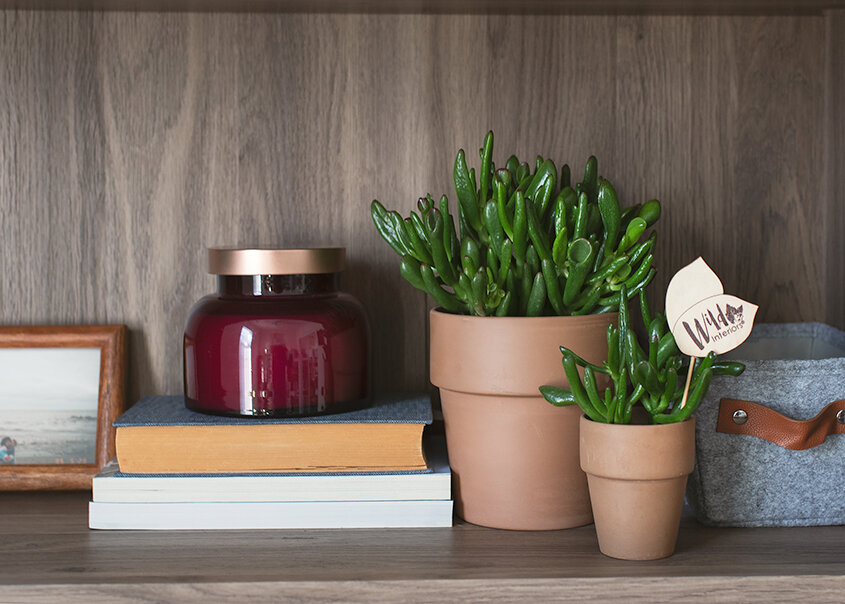Jade Plant Care: Essential Growing Guide
Jade plants, renowned for their distinctive, fleshy leaves and low-maintenance care, are a top choice for plant lovers.
From sunlight requirements to watering routines, each detail is crucial to keeping your jade plant healthy and vibrant. Keep reading and you’ll find everything you need to know about jade plant care, including tips about its characteristics, propagation techniques, and solutions to common problems.
About Jade Plant Varieties
Jade plants, specifically the Crassula Ovata variety, are celebrated for their robust, glossy leaves and tree-like structure. This versatile plant is available in several types, each offering distinct features. The Crassula ovata is particularly popular due to its cultural significance, often associated with prosperity and good luck. These attributes make jade plants a favorite for home decor and gifts, adding to their charm.
General Jade Plant Care Tips
When it comes to jade plant care, light management is a top priority. Position your Crassula jade plant in bright, indirect sunlight, ideally near a south-facing window. While they thrive in well-lit spaces, too much direct sunlight can harm the leaves, so finding the right balance is crucial. If your environment doesn’t provide enough natural light, consider supplementing it with grow/plant lights.
Watering is another area where the jade plant requires attention. Jade plants prefer infrequent watering, so wait until the top two inches of soil is dry before watering. Typically, this means watering every two to three weeks, but frequency can vary depending on your climate. Ensure proper drainage to prevent root rot—pour water gently around the base without wetting the leaves.
A well-draining mix, combining standard potting soil with sand or perlite, is ideal for promoting healthy root aeration and preventing water accumulation. Always use pots with drainage holes to avoid overwatering. By following these guidelines, your jade plant will flourish and add a green touch to your space.
Propagating Jade Plants
Propagating your jade plant is a rewarding and straightforward process. There are two primary methods: stem cuttings and leaf propagation. To propagate from cuttings, select a healthy stem, ideally several inches long. Cut it and allow the cut end to dry and callous for a couple of days before planting it in well-draining soil. Leaf propagation involves gently twisting off a healthy leaf, letting it dry, and then placing it on soil.
Timing and conditions are crucial for successful propagation. Spring and early summer are ideal as jade plants grow actively during these times. Ensure a warm environment with indirect light to encourage root development, keeping temperatures between 65°F and 75°F. Allow the plants to dry out between waterings during rooting to avoid excessive moisture.
Aftercare for a new jade plant is vital. Water sparingly, letting the soil dry completely between sessions. Once new growth appears, gradually increase your watering frequency. Indirect sunlight helps acclimate new plants, while stable temperatures support healthy development. With patience, your jade plant cuttings and leaves will mature into thriving new specimens.
Common Issues and Solutions
Jade plant indoor care involves watching for common issues like pests and diseases. Aphids, mealybugs, and spider mites can attack plants, causing stunted growth and leaf loss for your Jade plant. Treat infestations by gently wiping leaves with a damp cloth and spraying with water mixed with mild soap. For severe cases, neem oil is an effective, plant-safe solution.
Both overwatering and underwatering can be problematic. Overwatered plants exhibit yellow, mushy leaves that may drop, while underwatered ones have shriveled leaves and a dull appearance. Adjust watering practices by allowing soil to dry completely between sessions, maintaining a proper moisture balance.

